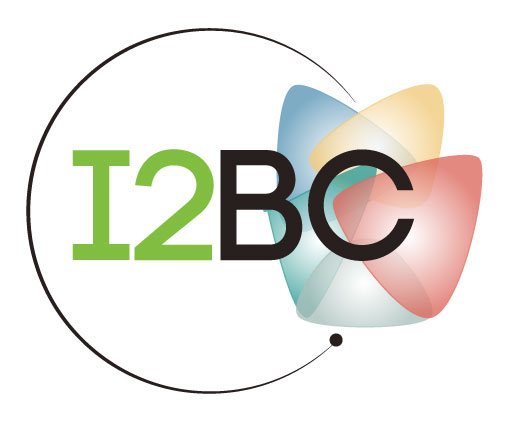The Absence of Pupylation (Prokaryotic Ubiquitin-Like Protein Modification) Affects Morphological and Physiological Differentiation in Streptomyces coelicolor.
Résumé
Protein turnover is essential in all living organisms for the maintenance of normal cell physiology. In eukaryotes, most cellular protein turnover involves the ubiquitin-proteasome pathway, in which proteins tagged with ubiquitin are targeted to the proteasome for degradation. In contrast, most bacteria lack a proteasome but harbor proteases for protein turnover. However, some actinobacteria, such as mycobacteria, possess a proteasome in addition to these proteases. A prokaryotic ubiquitination-like tagging process in mycobacteria was described and was named pupylation: proteins are tagged with Pup (prokaryotic ubiquitin-like protein) and directed to the proteasome for degradation. We report pupylation in another actinobacterium, Streptomyces coelicolor. Both the morphology and life cycle of Streptomyces species are complex (formation of a substrate and aerial mycelium followed by sporulation), and these bacteria are prolific producers of secondary metabolites with important medicinal and agricultural applications. The genes encoding the pupylation system in S. coelicolor are expressed at various stages of development. We demonstrated that pupylation targets numerous proteins and identified 20 of them. Furthermore, we established that abolition of pupylation has substantial effects on morphological and metabolic differentiation and on resistance to oxidative stress. In contrast, in most cases, a proteasome-deficient mutant showed only modest perturbations under the same conditions. Thus, the phenotype of the pup mutant does not appear to be due solely to defective proteasomal degradation. Presumably, pupylation has roles in addition to directing proteins to the proteasome.
Streptomyces spp. are filamentous and sporulating actinobacteria, remarkable for their morphological and metabolic differentiation. They produce numerous bioactive compounds, including antifungal, antibiotic, and antitumor compounds. There is therefore considerable interest in understanding the mechanisms by which Streptomyces species regulate their complex physiology and production of bioactive compounds. We studied the role in Streptomyces of pupylation, a posttranslational modification that tags proteins that are then directed to the proteasome for degradation. We demonstrated that the absence of pupylation had large effects on morphological differentiation, antibiotic production, and resistance to oxidative stress in S. coelicolor. The phenotypes of pupylation and proteasome-defective mutants differed and suggest that pupylation acts in a proteasome-independent manner in addition to its role in proteasomal degradation.

